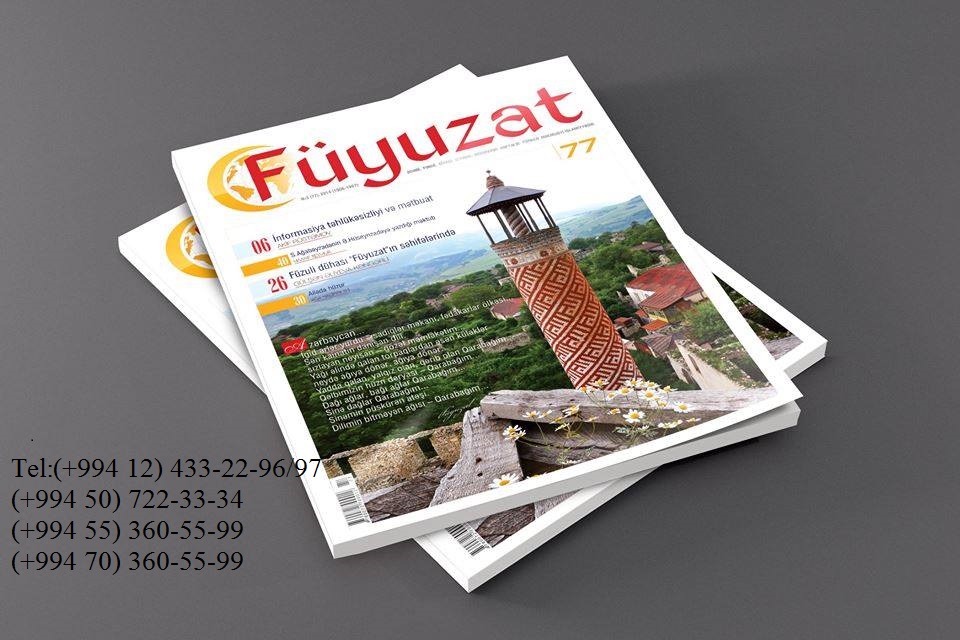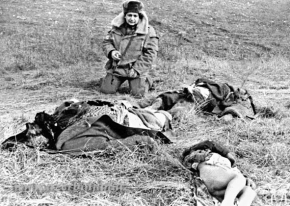Violence against women is on the rise in Azerbaijan
 Bölmə: Sosial ›
,
Bölmə: Sosial ›
,
Tarix: 13:55 02.09.2020
According to UN General Assembly, violence against women defined as any act of gender-based violence that result in or is likely to result in physical, sexual or psychological harm or suffering to women, including threats of acts such as coercion or arbitrary deprivation of liberty, whether occurring in public or in private life.
Statistics show that currently one in three women is a victim of violence and abuse at least once in her life, and 5,000 women are killed each year by their family members around the world. Every year, 2 million women are injured in violence, about 4,000 women are severely beaten at home, and about 1,000 women face various pressures every day, 750 million girls get married early before the age of 18.
Azerbaijani cases
For the first time in the Islamic East, women have been given the right to vote and be elected in Azerbaijan in 1918. Our constitution provides women with all equal rights. “About Ensuring Gender Equality in Azerbaijan” since 2006, from 2010, it is shown that the laws “About Prevention of Domestic Violence” are in force. It is also stated that Azerbaijan ratifies the “Council of Europe Convention on the Protection of Children against Sexual Exploitation and Sexual Abuse” or Lansarote Convention in 2019. However, in the changing world, it is seen that work for women is not only about the right to vote and be elected. Women are often subjected to discrimination in business, politics, economy, society, civilization, and other areas, lack of education, customs and traditions, family violence against women, early marriages, the increase of selective abortion, and so on. such problems are still up to date.
And despite our accession to the United Nations Convention on the Elimination of All Forms of Discrimination against Women and the Committee on the Elimination of All Forms of Discrimination against Women (CEDAW) women are usually victims of domestic violence, as well as crimes of dignity in our country. Many women are insulted and discriminated not only by an outsider, but also by their father, spouse or brother. According to national statistics of Domestic Violence fact sheet, in 2006 the proportion of women subjected to physical and sexual violence by a current and former intimate partner was 10.2.
Narmina Badalova (conventional name) has been repeatedly abused by her husband since her marriage in 1999. Despite being married to her current husband for many years and having two older children, she was severely beaten and sexually abused by her husband. She and her children now live with their father in Sumgait, but are not divorced. To this day, she is threatened by her husband every day.
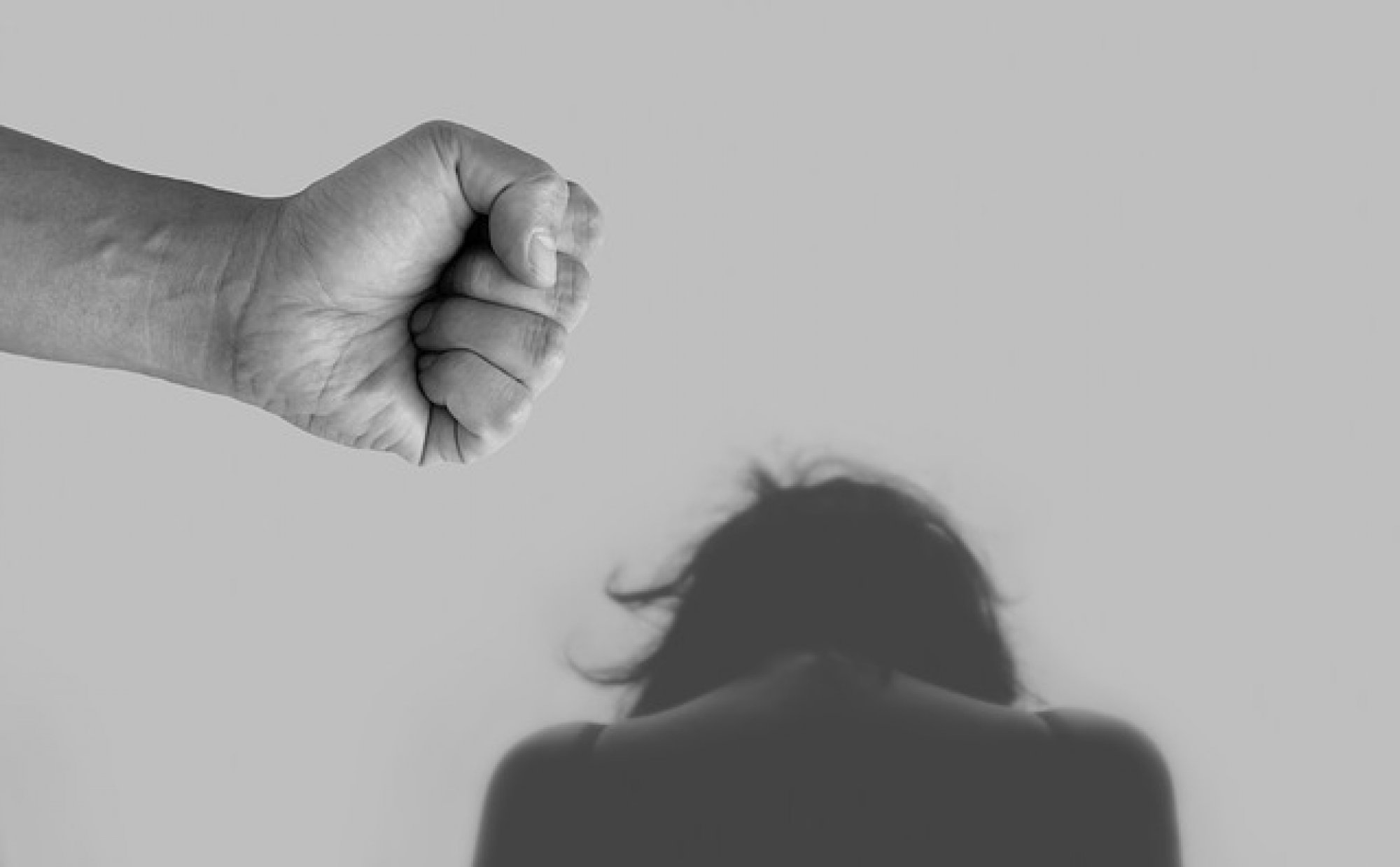
Recently, such incidents, even death threats and murders of women, generally violence against women occur almost every day in Azerbaijan. While writing this article, the news spread on the websites that a 4-month-old pregnant woman drowned at sea. Law enforcement later determined that he had been killed by his wife. Generally, news related to violence against women is left out of the media. The majority of Azerbaijani women hesitate to disseminate information about domestic violence as well as violence against women.
Harmful propaganda about the honor and in some cases even property, of men who are members of a woman's family must be eliminated, she and the men of the family must be instilled with the woman's identity, freedom, and the perpetrators of the so-called "crime of dignity" must be severely punished.
Before to the coronavirus quarantine, several recent acts of violence against women took place in the central streets of Baku. Ensuring safe living and working conditions for everyone regardless of gender and sexual orientation, providing education, "On the Elimination of All Forms of Discrimination Against Women", abiding by the conditions of the international convention to which Azerbaijan is a member, the signing of the contract was included in the "8 March - Free Streets" protest action happened in March 8, 2020. The protests also included early marriages, selective abortions and other slogans in the action. Their main demand was for our country to join the Istanbul Convention.
What is the Istanbul Convention about?
The convention was adopted at a meeting of the Council of Europe on May 11, 2011 in Istanbul, Turkey. The Convention on the Prevention and Combating of Violence against Women and Domestic Violence became operational on 1 August 2014. Of the 47 member states of the Council of Europe, 34 have ratified the Convention, while Russia and Azerbaijan have not yet joined. The convention contains 81 articles separated into 12 chapters.
The document not only protects the violated rights of victims, but also it also provides preventive measures to prevent women from becoming victims. The Convention also emphasizes the need to eliminate stereotypes about the role of women and men in society, to eliminate mental attitudes, and to campaign for change in social and cultural behavior. The State Committee for Family, Women and Children Affairs of Azerbaijan said in a statement on October 21 that a package of proposals for the signing of the Istanbul Convention has already been submitted to the government.
Chapter IV of the Convention states that the victim must be provided with the best possible protection and support. This is because violence (especially domestic and sexual violence) has a traumatic effect on the victim's life and makes his or her rehabilitation much more difficult.
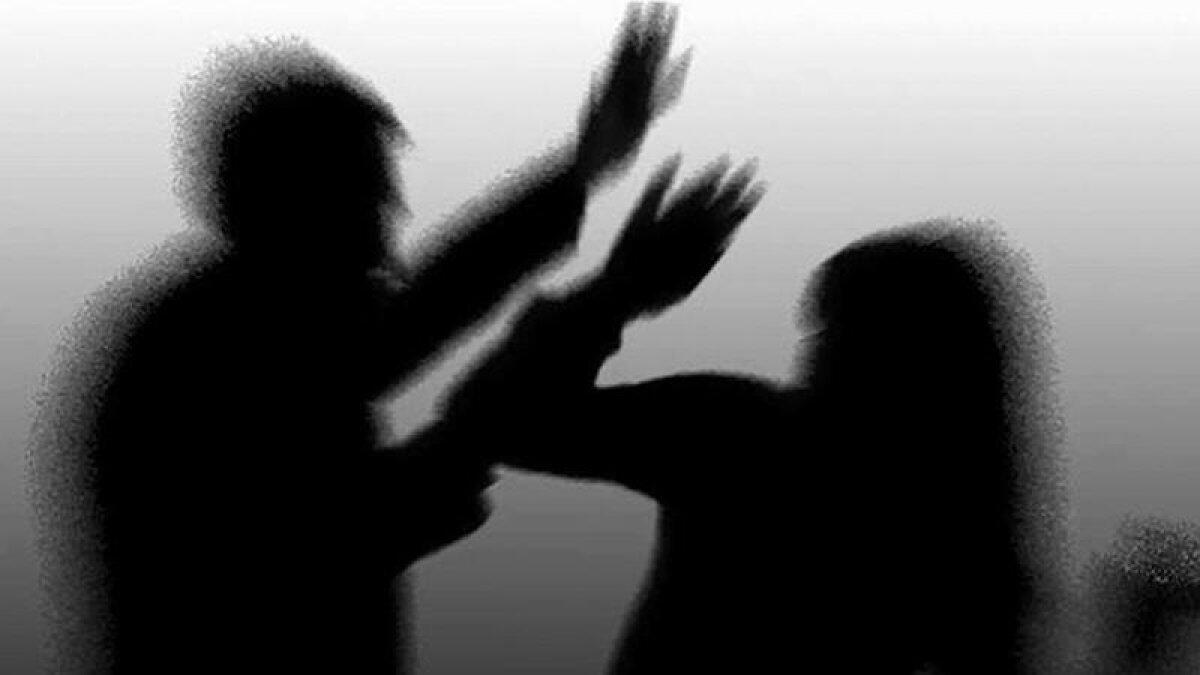
The Convention provides for the protection of victims, their removal from the families and homes of perpetrators of violence for physical, psychological and social rehabilitation, the provision of information to victims about their rights, how and where they can receive assistance, the provision of specialized support services, and the encouragement of professionals and witnesses includes the protection and support of children.
The signing of the Istanbul Convention by the Republic of Azerbaijan includes strengthening mechanisms for handling complaints about violations of women's rights, protecting women from all forms of violence, preventing, prosecuting and eliminating violence against women, eliminating all forms of discrimination against women, and expanding women's empowerment. It aims to promote real equality between men and women, to protect all victims of violence and domestic violence against women, and to develop a comprehensive legal framework, policies and measures to assist them.
Although the media has been criticized, it is doing more research than law enforcement. The information sites such as modern.az, trend.az, turan.az, sputnik.az, report.az, lent.az, jam-news.net, www.anl.az regularly publish articles on gender inequality, violations of women's rights and freedoms, and other such negative issues. But not only the media, but also educational institutions, governmental and non-governmental organizations, law enforcement agencies should work actively in this area. It is also important to form a separate structure on family issues in law enforcement agencies, to conduct trainings for employees who will work here, and to envisage positions such as teachers, doctors and psychologists in these structures. Curricula should include issues such as equality between women and men, mutual respect, non-violent resolution of conflicts in interpersonal relationships, gender-based violence against women, and the right to privacy at educational centers.
Significance of the Convention for Azerbaijan
As for the significance of the Convention for Azerbaijan, experts say that our country's accession to the Convention could lead to the improvement of existing preventive and response measures in the field of prevention of violence against women and domestic violence, the emergence of systematic and effective policies and legislation. The Istanbul Convention is the first international legal instrument to combat violence against women and domestic violence, which has binding legal force. At the same time, the Convention has established an appropriate monitoring mechanism to monitor its implementation in the host countries.
The Convention also calls for the establishment of well-coordinated interdepartmental public services to prevent violence against women and domestic violence. Therefore, women's organizations, executive organs, municipalities must work in this area. And one of the important factors is to determine the right to compensation for damages caused by the crimes mentioned in the document as well. Generally Istanbul Convention requires states that have ratified it to take comprehensive measures to combat all forms of violence against women and domestic violence. In addition to setting legal obligations, the Convention also sends an important political signal to society as a whole that violence against women and domestic violence is unacceptable. This function is mainly played by the media. The media should strengthen its advocacy to prevent violence against women and increase respect for their dignity, with due respect for women's freedom of expression and independence. Rules of conduct should be established by means of communications that provide access to sexually or violently degrading information that may be harmful. Violent and sexually explicit content should be avoided, especially given children's access to information.
Since there is not enough information in terms of reliable statistics and reporting, attention is drawn to the increase in domestic violence in the country, especially during the coronavirus period. For example, we can say that the number of complaints related to domestic violence in Russia during the pandemic process was 6,054 in March and more than 13,000 in May. In Azerbaijan, this statistics does not increase much, but murders committed on family grounds are committed in front of children, and it can be considered as the main problem.
Conclusion
November 25 is the International Day of Combating Violence against Women. But last year in this day our society opened the morning with the news that a 20-year-old woman was beheaded by her brother.
The root of all these problems lies in education. In our regions, even in our central cities, many such families keep girls away from education from an early age, hindering their integration into society. According to some researches, 41 percent of men and 34.7 percent of women in Azerbaijan believe that women must endure violence to protect their families. Also, 20.9 percent of women and 37.4 percent of men said that in some cases a woman deserves to be beaten. In order to overcome such stereotypes, it is necessary to increase the interest of girls in education, to organize special vocational courses for them, and to open psychological and sociological centers. Special shelters should be established for girls and women whose rights have been violated. Unfortunately, today in Azerbaijan there are no state-run shelters for anyone suffering from domestic violence. However, some non-governmental organizations have several such shelters.
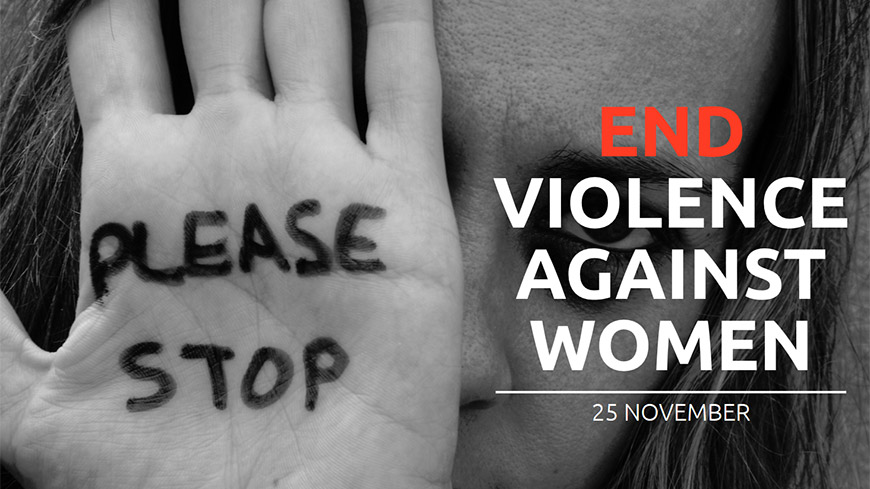
Trainings should be provided to vulnerable families especially in rural areas and they should be given the opportunity to start their own businesses as well. In general, a national action plan should be developed to address all of these challenges, with both the public and private sectors working together. Women's freedom and development means the progress of society.
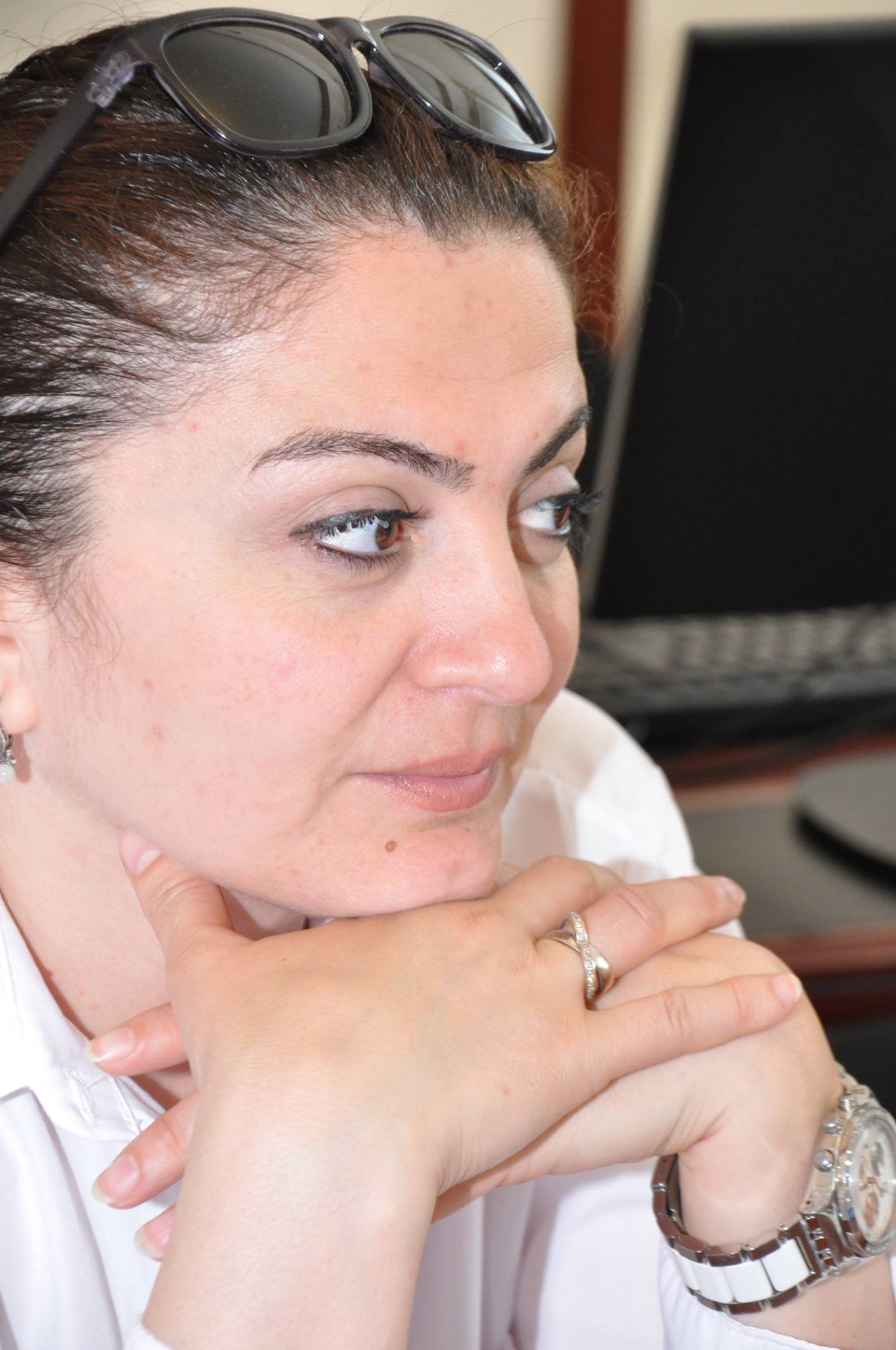 Vafa Isgandarova
Vafa Isgandarova








